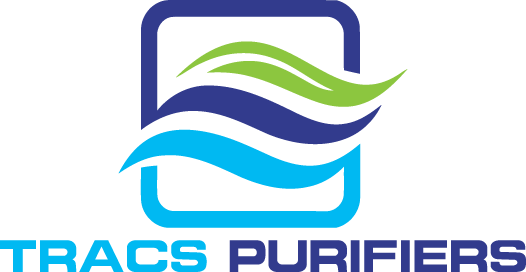HVAC Ionizer Reviews
HEPA vs Ionizers. Many air purifiers today come with ionizers, and while these features help to boost a unit’s air filtration rate, they also emit ozone and other chemical by-products. These purifiers have been widely discredited in recent months; Boeing, for example, tested the units and found they did not show “significant disinfection effectiveness,” and scientific studies have failed to find support for claims being made by manufacturers, with one study noting that the emission of ozone has long been known to damage lungs and worsen chronic respiratory diseases. They can also create formaldehyde, a probable carcinogen.
“In the frenzy, schools are buying technology that academic air-quality experts warn can lull them into a false sense of security or even potentially harm kids,” CNN reported. Many schools abruptly stopped using their ionization purifiers, reports NBC, with one expert accusing some companies of becoming “COVID-19 snake oil salesmen” who are selling technology known to be flawed, and another California school district engaged in a lawsuit against a company accused of misrepresenting the effectiveness of the units.

Schools spending millions on air purifiers often sold using overblown claims.
New York officials are "not permitting" the installation of ionization devices due to "potential negative health effects," technology — ionization, plasma and dry hydrogen peroxide — that the Lancet COVID-19 Commission recently deemed "often unproven" and potential sources of pollution themselves.

Boeing tested air purifiers like those widely used in schools and decided not to use them.

COVID: Newark school district to ‘disconnect’ $360,000 air cleaning devices following lawsuit.
Lawsuit claims manufacturer of ionization devices ‘preys on people’.
EPA Details Warning About Certain Air Purifiers

According to the Environmental Protection Agency, newer air cleaners that use bipolar ionization are part of an “emerging technology,” where “evidence for safety and effectiveness is less documented.”
The EPA also says these devices have the “potential to generate ozone and other potentially harmful by-products indoors.”

Schools Spent Millions to Clean Indoor Air, Now Some Fear Technology Could Be Dangerous.
After spending millions on air purifiers for their classrooms, some school districts have stopped using the equipment amid safety concerns. An NBC Bay Area investigation reveals why some experts are convinced certain air cleaning devices are doing more harm than good.



